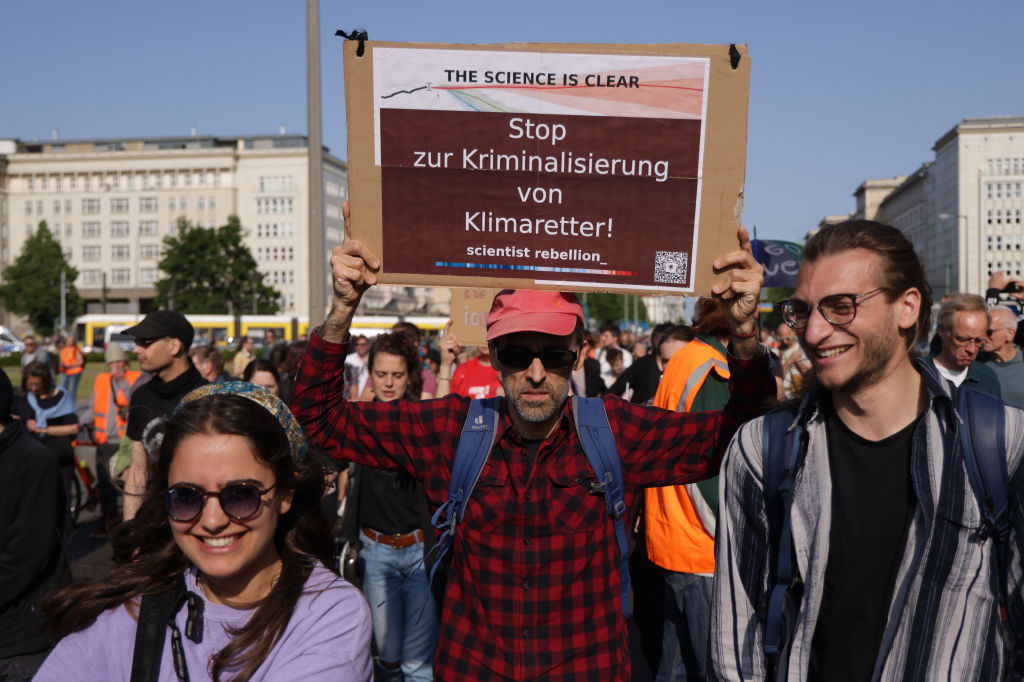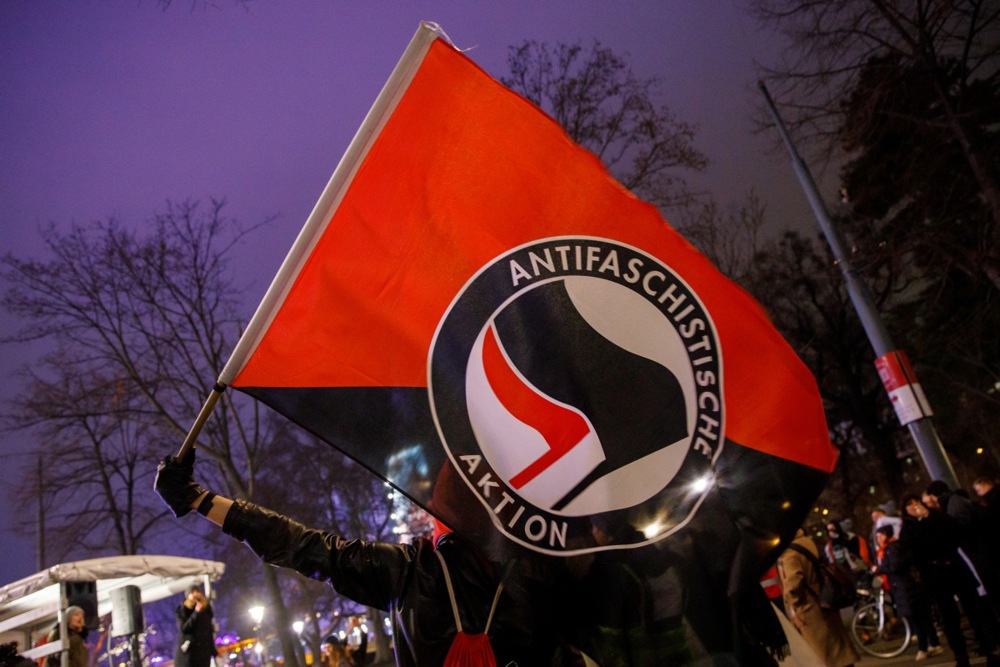The BRICS alliance of Brazil, Russia, India, China and South Africa has invited Argentina, Egypt, Ethiopia, Iran, Saudi Arabia and the United Arab Emirates to join. The six countries are set to become full members of BRICS from January 1, 2024.
The announcement on August 24 came after two days of talks at a summit in Johannesburg involving Brazilian President Luiz Inácio Lula da Silva, Indian Prime Minister Narendra Modi, Chinese President Xi Jinping and South African President Cyril Ramaphosa. Russian President Vladimir Putin attended virtually as an International Criminal Court arrest warrant has been issued against him over the war in Ukraine.
Ramaphosa said on X, formerly Twitter, that the five current members have reached an agreement on the guiding principles, standards, criteria and procedures of the BRICS expansion process.
Brussels Signal contacted geopolitics professor Xavier Aurégan at Université Catholique de Lille, France, for more insight on the expansion.
Aurégan said, with Xi Jinping and Putin wanting “to create counterbalances to the West, both politically and economically and financially”, he saw echoes of the Bandung Conference in 1955.
“BRICS+6 also incorporates the cultural factor, namely an anti-Western thought and/or practice,” he said.
The professor noted the financial aspect of the alliance had generally been “a failure” but said the Chinese and Russians were pushing forward on this front and he expects them to invest in infrastructure projects with the entry of the new members. He added that he felt it had become “a key element in the BRICS+6 narrative”.
“The choice of these countries is far from insignificant, with representatives from several countries and continents that were once considered part of the Third World, now in transition or emerging,” Aurégan said.
“One can also note the effort made to bring together Shiite and Sunni [Iran and Saudi Arabia], as well as two African subregional powers [Egypt and Ethiopia] in which China, in particular, has strategic interests.
“While the impact of BRICS has been weak until today, this expansion, followed by others, is first and foremost a Chinese diplomatic victory [over India and Brazil, which were not very willing to expand], and potentially the step allowing the ’emerging/developing world’ to have more weight in international relations,” he said.
“Like in 1955, China aims to lead this group, a leadership it already holds elsewhere.”
Aurégnan concluded: “Thus, one can see an attempt to rally governments and populations that have not had the opportunity to be represented in the main multinational institutions [except the UN].
“I’m not certain that the primary motivation is the dollar or direct confrontation with Washington, London, or Brussels. However, this laid stone effectively characterises the ‘coming world’ since the 1990s: multipolar, partially decolonised, in which China, especially, has a key role to play.”
XV BRICS SUMMIT 2023 Media Conference #BRICSSummit2023 https://t.co/b1SufIVfJN
— Cyril Ramaphosa ?? (@CyrilRamaphosa) August 24, 2023
Xi Jinping, on just his second trip abroad this year, said expanding the bloc would “pool our strength and pool our wisdom to make global governance more just and equitable”.
Due to the expansion, Saudi Arabia, the world’s largest exporter of crude oil, is now in the same economic bloc as China, the globe’s largest oil importer.
During the summit, Modi expressed his support to admit new members and conveyed his approval for advancing the process through mutual agreement. He said that adding new members will strengthen the group and add weight to its international efforts. This step, he said, will enhance nations’ faith in a multi-polar world order.
BRICS is an international economic coalition of emerging markets. Brazil, Russia, India, and China are among the world’s 10 largest countries by population, area and GDP, and the latter three are widely considered to be current or emerging superpowers. They are often seen as competing with the West.
The unorthodox composition of the coalition, with India and China, but soon Saudi Arabia and Iran in the same bloc, leads some to doubt the effectiveness and capabilities of the expanding BRICS alliance.
No new members have been admitted since South Africa in 2010.
The initial intention of the BRICS group was to enhance investment prospects. Since 2009, it has evolved into a more unified geopolitical alliance, with BRICS governments now convening regularly at official summits and collaborating on multilateral policies. Interactions between the nations are primarily guided by principles of non-interference, equality and mutual advantage.
BRICS ?? ?? ?? ?? ??
vs.
G7 ?? ?? ?? ?? ?? ?? ?? pic.twitter.com/2mxH71JAMg— Xavi Ruiz (@xruiztru) August 24, 2023





